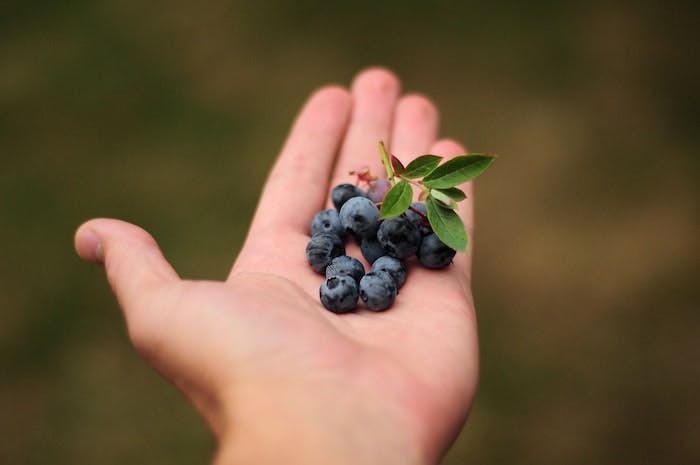Global Food Demand
Global Food Demand is Rising – Can we meet it?

Did you know? Over the last 100 years – the global population has increased fourfold. In 1915, there were 1.8 billion people in the world, and today (2020) there are approximately 7.3 billion people (according to a recent estimate by the UN).
It’s estimated that we could reach a population of 9.7 billion by 2050. With this, there is said to be an increase in global food demand – according to the Food and Agriculture Organization of the UN. Why? Reasons are 1. The potential increase in incomes in developing countries and 2. The increase in population.
By 2050, it’s expected that food demand will increase to anywhere between 59% and 98%.
This will change agricultural markets like never before. As a result, innovation will be required. This is because farmers will need to increase crop production. How will they do this? Firstly, they will either need to increase the agricultural land on which crops are grown, OR they will need to increase productivity on existing agricultural lands using fertilizer and irrigation. They could also adopt new methods such as precision farming.
However, increasing the amount of agricultural land on which crops are grown holds many ecological and social trade-offs, specifically in the tropics. At the moment, crop yields (the number of crops harvested per unit of land) cultivated aren’t growing quickly enough to meet the forecasted demand for food.
There are going to be many factors which will contribute to the inability to produce enough food. These include climate change, urbanization and a lack of investment.
Logistics, transportation, storage and processing are also highly important for ensuring that the demand for food is met with the correct supply. Commodity trading companies are relevant here – such as Cargill, Louis Dreyfus or COCO. While Big Food companies such as General Mills or Unilever have a significant influence on what people eat, trading companies have a much larger impact on food security – because they source and distribute our staple foods and the ingredients used by Big Food – from rice, wheat, corn and sugar to soybean and oil palm. They also keep periodically produced grains and oilseeds, so that they can be consumed all-year round, and they process soft commodities so that they can be used further down the value chain.
1. Farmers, trading companies and other processing groups (Big Food in particular) need to commit to deforestation-free supply chains
2. Farmers need to grow more on the land they currently operate on (i.e. “sustainable intensification”) – meaning using modern farm tools to increase crops produced
3. The agricultural sector needs significant long-term private investment, and public spending. Multiple large institutional investors, including pension funds and sovereign wealth funds have already made major commitments to support global farming production and trading. It must be emphasized that historically, agricultural investments have delivered strong returns, increased diversification and outpaced inflation.
The Finka Token falls part of the third solution mentioned above – it is an instrument with the ability to increase investment in agriculture. The Finka Token allows investors from any jurisdiction to invest in cattle ranching as an asset class using blockchain technology and sophisticated financial engineering. Investors from multiple locations are able to make investments in the La Pradera cattle ranch (Bolivia) through purchasing Finka Tokens. The Token represents a right to a portion of the net operating revenue of the Finka Token, at the end of the Financial Year. In line with the above, it must be noted that historically, agricultural investments have delivered strong and consistent returns.
Invest in Finka Tokens today! We see ourselves as a piece of the “bigger picture” when it comes to meeting rising global food demand – making us a sustainable and impactful investment. Secondly, agricultural investments are known to deliver solid, secure returns.
Investing in Finka Tokens means investing in helping to solve the looming food demand crisis, and investing in that which is safe, secure and promises strong returns.
Get in touch today: info@finka.ch